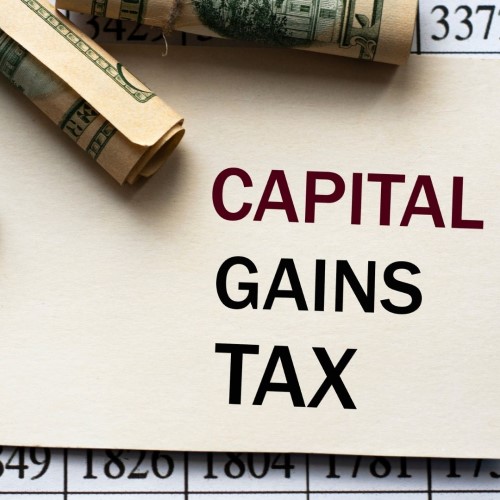Capital Gains Tax
what is Capital Gains Tax ?
Capital gains tax is often referred to as a ‘voluntary tax’ (as is inheritance tax), because with effective planning it can be avoided, reduced or delayed. Simply put, it’s a tax applied to the profit that is made when an individual disposes of an asset that has increased in value.Who has to pay ?
Note that the tax correlates to the ‘capital gains’ that are made – not the amount of money that is received. Whether a disposal is liable for taxation depends on if the asset has increased in value. Individuals who may incur capital gains taxation include those with property or shares in a company.
With expert capital gains tax advice and effective planning, however, it is possible to minimise capital gains tax liabilities.
How can we help ?
With careful planning – ensuring that capital assets are disposed of in such a way as to utilise annual personal CGT allowance to its fullest, for instance – individuals can reduce, delay or even avoid capital gains tax payments.Our experienced team of chartered tax advisers and accountants will work closely with you to provide personal tax advice and take advantage of all available reliefs and plan for any future liabilities. There are several approaches we can take, depending on how your affairs are structured – but broadly speaking, our specialism includes:
Reducing the amount of capital gains tax by:

Delaying capital gains tax payments by:
- Advising on timings of imminent sales to maximise use of reliefs/exemptions (or spread these over more than one tax year). For example, investments and disposals associated with the Seed Enterprise Investment Scheme (SEIS) or Enterprise Investment Schemes may be eligible for capital gains deferral relief, but timing is crucial here to ensure the relief is available for the appropriate year.
- Advising on how payments on capital gains might be delayed via the reinvestment of proceeds and claiming of EIS deferral relief; rollover relief; or holdover relief.
Ensuring that you do not pay more capital gains tax than you have to is an essential part of successful tax planning – and IBISS & Co’s outstanding chartered tax advisers will support you every step of the way. Both personable and professional, with years of experience in tax consultancy as well as accountancy, our highly-qualified specialists will also communicate with HMRC and complete all paperwork on your behalf – saving you both time and money. To learn more about our personal tax advice services or to book a free consultation, please contact us today.
